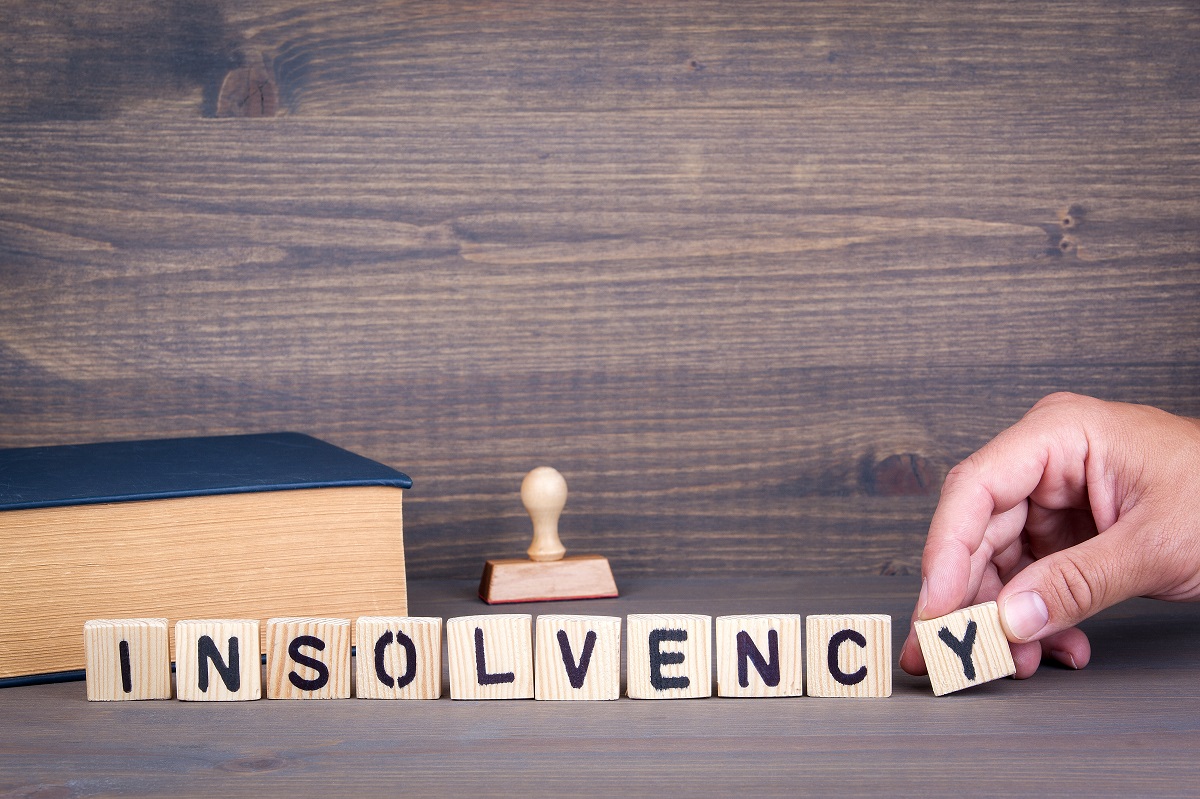The Only Guide to Insolvency Practitioner
Wiki Article
Excitement About Insolvency Practitioner
Table of ContentsThe Insolvency Practitioner StatementsSee This Report about Insolvency PractitionerThe Buzz on Insolvency PractitionerHow Insolvency Practitioner can Save You Time, Stress, and Money.Not known Facts About Insolvency Practitioner
Whether you need to make use of an insolvency practitioner (IP) to liquidate your company depends on various elements. While engaging a bankruptcy professional for all kinds of liquidation is not a legal need, doing so can commonly simplify the process and guarantee compliance with legal demands. Liquidating a business is a vital decision that features significant consequences.
It is a procedure utilized when a company does not have any lenders, or every one of their lenders can be paid off in full with legal rate of interest. Understanding the different sorts of insolvency procedures can aid you establish the most effective training course of action for your business's liquidation or various other formal insolvency treatments itself.
This is necessary in order to follow legal demands - Insolvency Practitioner. This is due to the fact that IPs have the needed certifications and experience to make sure that the liquidation procedure is carried out in conformity with all suitable legislations and regulations. By engaging a certified bankruptcy practitioner, you can have peace of mind knowing that your firm's liquidation procedure will certainly be taken care of expertly and in conformity with the appropriate legal demands
Little Known Facts About Insolvency Practitioner.
The bankruptcy specialist is designated as a liquidator and is accountable for handling the company and liquidator's financial debts outstanding liabilities and possessions. This process involves liquidating the business's properties and dispersing the profits to creditors. Upon conclusion of the procedure, the business is gotten rid of from the register at Companies House.Falling short to do so can result in individual responsibility for the business or supervisor for the financial institution's financial debts. Voluntary liquidation, that includes Creditors' Volunteer Liquidation (CVL) and Members' Voluntary Liquidation (MVL), is initiated by the firm's supervisors and shareholders when they can no more pay their financial debts. In a CVL, the insolvency practitioner is designated as the liquidator, liable for handling business debts and all business assets.

3 Simple Techniques For Insolvency Practitioner
By evaluating the proficiency and experience of possible insolvency experts, you can ensure that you choose a specialist who possesses the necessary credentials to manage your firm's liquidation process efficiently. While bankruptcy practitioner-led liquidation is frequently the most proper program of activity for business encountering insolvency, there are alternate techniques to consider, such as striking off and partial liquidation.It's crucial to examine all available alternatives before selecting the next ideal option or strategy for your business. Striking off firms' registers is a much more uncomplicated and cost-effective means to close dormant or small firms without any debts or assets. To strike off a firm, its name is removed more helpful hints from the Business Residence register by sending kind DS01.
Prior to selecting striking off, it's essential to evaluate the benefits and disadvantages of this strategy and consider whether it's the right selection for your company. Partial liquidation is an additional choice to insolvency practitioner-led liquidation, where a firm liquidates specific properties and responsibilities while continuing to operate with the staying possessions and responsibilities.
An Insolvency Professional will certainly have the ability to advise you of the very best strategy to take and guarantee that every little thing runs efficiently. However, it is not possible to sell off a firm without a liquidator. Appointing an authorised bankruptcy specialist is essential for the procedure of voluntary liquidation to begin.
9 Simple Techniques For Insolvency Practitioner
It is feasible to close and liquidate your company without utilizing a liquidator, supplied your company is solvent and you satisfy the eligibility needs to liquify or liquidate it. Nonetheless, if your business is financially troubled, you might be required to make use of a liquidator and start formal insolvency treatments. Here are a few other useful articles relating to company liquidation in the UK:.Remaining in a position where you're not able to pay your company's financial browse this site institutions is incredibly difficult. In an effort to prevent raising the level of financial obligation, many firms attempt to discuss straight with their creditors and agree to a casual arrangement. If the financial obligation is fairly little and owed to one lender, and the financial institution is being participating, entering right into an casual financial debt setup is most likely the most effective remedy, as opposed to looking the web for 'a bankruptcy specialist near me'.
On the various other hand, if there are multiple creditors and the degree of debt is big, financial institutions might not be so willing or participating. In order to stay clear of liquidation or bankruptcy, it is much better to hire an insolvency practitioner to prepare official propositions and bargain with lenders on your behalf.
Getting The Insolvency Practitioner To Work
Whilst it is a means to take care of debt, there are substantial risks entailed with this kind of financial debt arrangement - Insolvency Practitioner. If a financial institution agrees to become part of a casual arrangement (IA) wherein the debtor has actually agreed to read the full info here make regular, if reduced, settlements to pay back the financial debt, it is very important to stick to the contract
The creditor is within their rights to back out of the arrangement and application the courts for your company to be sold off at any time. A formal plan that has been proposed by an insolvency professional in your place, and agreed by a financial institution, gives a much more secure choice.
Report this wiki page